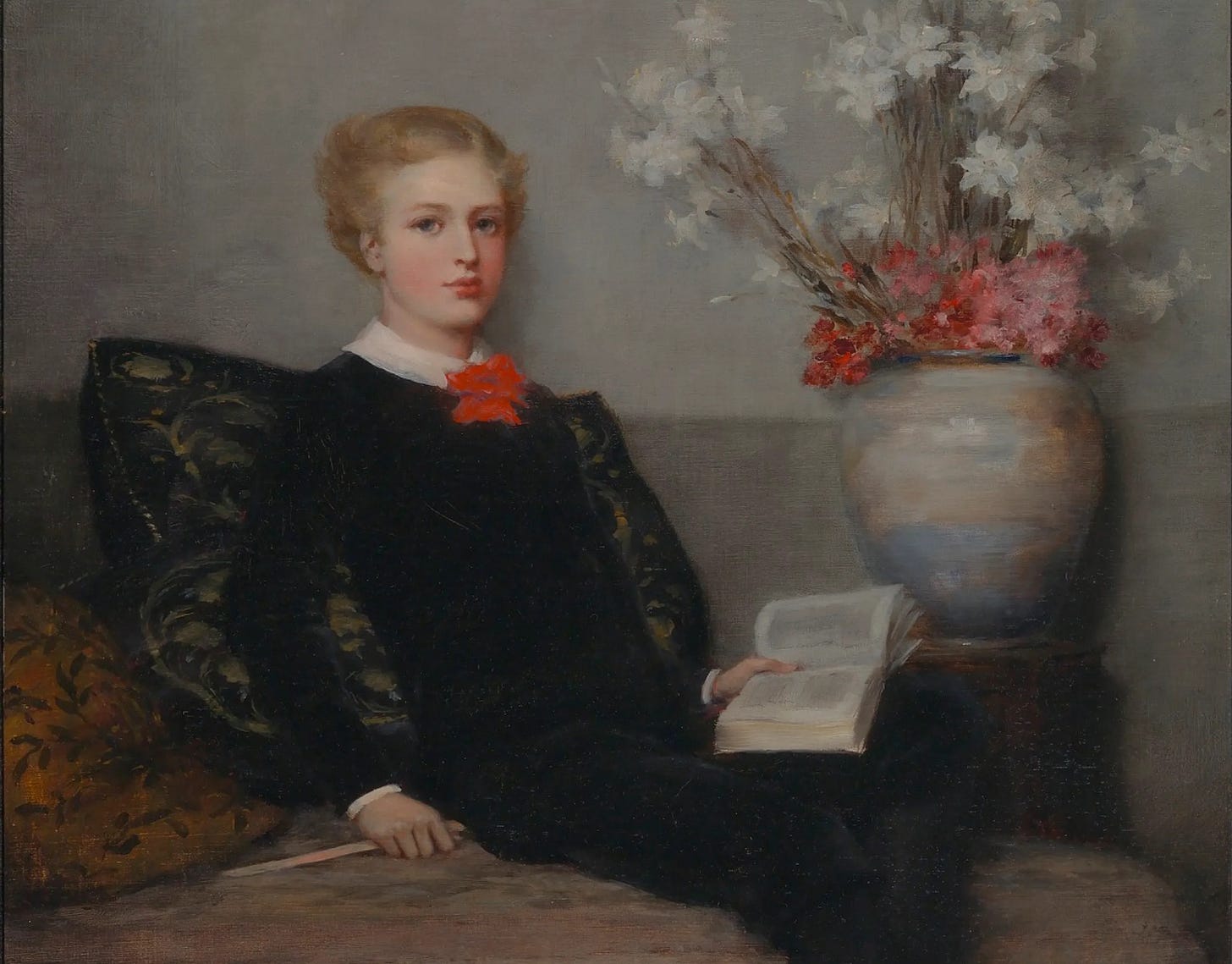Fear not: there’s still time to add political books to your holiday gift list! This week at Public Seminar, our authors review new novels, essay collections, and calls to action disguised as puberty primers.
Brianna Corley finds the feminist outdoors in Wild Girls by Tiya Miles. Abby Merrick unpacks an anti-Zionist manifesto inside Questions to Ask Before Your Bat Mitzvah, edited by Morgan Bassichis, Jay Saper, and Rachel Valinsky. Albert Nguyen discovers a rebuke to French nostalgia for colonial Indochina in An Honorable Exit by Éric Vuillard. And Evangeline Riddiford Graham chats with Joseph Matthews about using art to counter oppression in Shades of Resistance.
Beyond Colonialism in a Sentimental Mood
Albert Nguyen
There are no Michelin plantations to explore, no sailing in Ha Long Bay, and no leisurely afternoons at the Hotel Continental’s terrace café while reading Graham Greene. Instead, Vuillard swiftly transports us back to the heart of the colonial system—Paris. What’s more, he takes a rather radical approach by abstaining from introducing any romantic subplots throughout the book. Without the allure of exotic landscapes or the clichéd Dragon Lady/Lotus Blossom tropes, readers find themselves plunged into an icy bureaucracy.
Questioning Art in a Time of War
Abby Merrick
Questions to Ask Before Your Bat Mitzvah is nominally addressed to Jewish teens in the United States who are preparing for their B’nai Mitzvahs (a gender-neutral rendering of Bat or Bar Mitzvah). It was published in an edition of 3,000 by Wendy’s Subway, an independent Brooklyn publisher, with support from Harvard University and VCU, which places the book squarely within an art-world context. What, if anything, can this politically-oriented book accomplish in an art context that direct activism in organizations like JVP cannot?
New to our weekly newsletter of art, ideas, and academic research?
Nature, Wild Girls, and Putting History in a New Environmental Perspective
Brianna Corley
After Indigenous girls across the United States were driven from their homes and forced inside of federal boarding schools—where they were made to participate in and perform traditional western gender roles—Josephine Langley was assigned the position of physical cultural instructor at Fort Shaw. As Miles writes, there, outside of the federal boarding school buildings, playing basketball under the tutelage of Langley, these children were able “to recapture the freedom of movement that they had loved as girls at home.”
Public Seminar is always free to read. Why not support our global intellectual commons by giving a tax-deductible gift this holiday season?
Artists Against Colonels
Joseph Matthews in conversation with Evangeline Riddiford Graham
I arrived in the islands just after the fall of Greece’s brutal seven-year military dictatorship in 1974. Local folks were still very raw, mistrustful of each other, extremely tight-lipped, fearful that the fascists might yet return to power. But a few people, needing to unburden themselves, found it easier, safer, to speak with a young foreigner than with fellow Greeks. And so, slowly—I was in the islands for several months—I began to hear horror stories about life under the junta.




